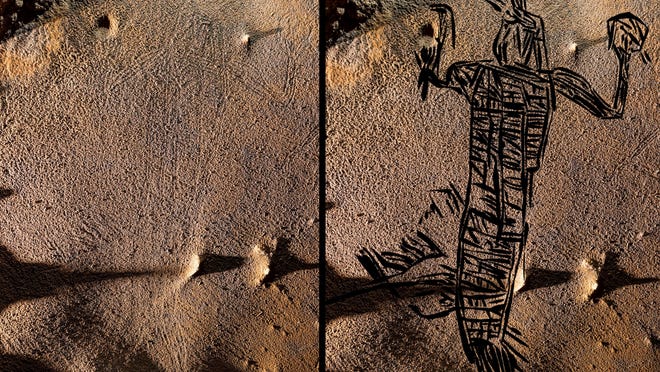The U.S. government has renamed nearly 650 geographical locations that bear a racist and misogynistic slur for a Native American woman.
Hundreds of peaks, lakes, streams, and other geographical features on federal lands that carry the term “squaw” are now renamed with a descriptor or Indigenous language terms, such as Echo Peak, Texas, and Pannaite Naokwaide, Wyoming.
Originating from the Algonquin language, the term may have once simply meant “woman.” Over time, the word morphed into a misogynist and racist term to disparage indigenous women, experts say.
The initiative was led by Interior Secretary Deb Haaland, the first Native American cabinet secretary. In November, Haaland declared the term derogatory and created a panel that takes suggestions from the public on changing places named with derogatory terms.
New names were submitted for official approval from the Board on Geographic Names, a federal body that standardizes place names in the U.S., and the National Park Service.
“I feel a deep obligation to use my platform to ensure that our public lands and waters are accessible and welcoming. That starts with removing racist and derogatory names that have graced federal locations for far too long,” Haaland said in a statement.
‘I FEEL VERY PROUD’:Nicole Mann to become first Native American woman in space
‘EXTREMELY CONCERNING’:Native American remains discovered in North Dakota college building; return to tribes planned
The changes announced Thursday capped an almost year-long process that began after Haaland took office in 2021.
According to an interactive map from the U.S. Geological Survey, the majority of these places are in the Western part of the country with California renaming 80 geographical features. At least one place contained the term in 36 states, according to USGS official replacement names data and the Pew Charitable Trusts.
Only recently has the term, identified as “sq___” by the Interior Department on Thursday, been met with contempt in the U.S. and the action of changing place names is a long precedent of broadening opposition to racism.
The department ordered the renaming of places carrying a derogatory term for Black people in 1962 and those with a derogatory term for Japanese people in 1974.
In some cases, private sectors have taken the lead in changing the offensive term for Native American women. Last year, a California ski resort changed its name to Palisades Tahoe after previously being associated as Squaw Valley.
A Maine ski area also committed in 2021 to change its name, two decades after that state removed the slur from names of communities and landmarks, though it has yet to do so.
Contributing: The Associated Press


